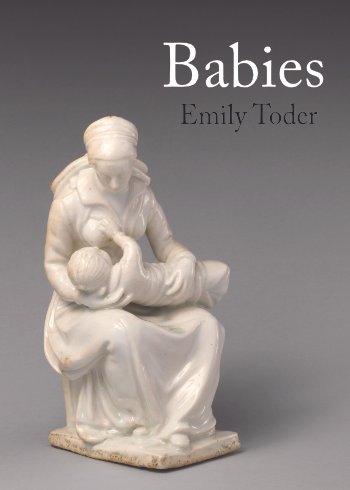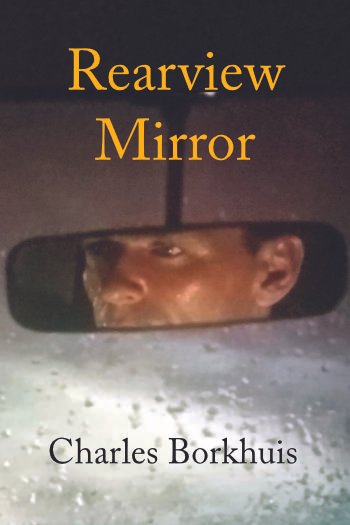"Paraphrasing Walt Whitman, I say that whoever touches this book touches a woman —a woman of full and gracious force, whose wisdom eschews simplification or mere nostalgia in favor of the “fear and prayer” that attend evolution. Organized in sections that take their titles from the Twelve Step Recovery Program (admission, disclosure, surrender, restitution, &c), for Holding Silence moves, as well, through the diurnal and seasonal cycles of the narrator’s young womanhood and into her older age with its attendant, qualified, and deepened awareness. Girl, adolescent, lover, wife, teacher, and grandmother turn into one another everywhere in these marvelous narratives. “To have your back against the horizon where darkness meets / its opposite in glory or grief,” Yingling posits in “Triangulum,” “ is this earthly life.” Hers is a poetry of becoming and of being. “The woman who you could be,” she writes, “is.”
— Lisa Russ Spaar
It seems no coincidence that many of the poems in Nura Yingling's for Holding Silence are set in winter: the book is like a mutable snow globe of memory which, each time it is shaken, reveals a scene the poet holds in contemplative, timeless suspension—for scrutiny, for comprehension, for wonder, and ultimately, for the peace that surpasses all understanding. Along her journey as daughter, sister, friend, lover, wife, mother, grandmother, teacher, and spiritual student, Yingling includes the twelve steps of recovery, in the guise of numbered poems, which double as milestones. The overall impression is of someone conversant with longing and transcendence, keenly observant of the beleaguered and beloved world she knows—both ""in and out of the game and watching and wondering at it,"" as Whitman says—and making her careful, painstaking way toward what she calls the ""surrendered life.""
— Thomas Centolella
Yingling’s poems in for Holding Silence map the direction out of Lost up each scouring step to Found, or at least to the essential human truth that “the woman who could be you, is.” Rigorously raw and personal, they yet show us ourselves —in spite of all the wily ways we try to avoid such mirrors—with music, vision, and great compassion. “No need anymore for efforting,” she discovers in Eleven, “Here in weightless stillness is what/ you've always wanted.” Human poems opening out and up.
— Sheryl Robbins
In addition to writing poetry, Nura Yingling has worked as a nurse's aide, waitress, journalist, graphic designer, art and drama teacher, English teacher, co-founder of the Creativity Center and Flathead Hospice Project in Kalispell, Montana, and high school administrator.
Her work has appeared in various journals, including Iris, New Millennium and Wild Heart Journal. She studied writing at SUNY Buffalo with Mac Hammond and Raymond Federman, earning the Scribblers Prize for best poetry collection by an undergraduate, judged by Carl Dennis, in the early 1970's.
An educator at Tandem Friends School in Charlottesville, Virginia since 1990, Ms. Yingling has also served as poetry editor of the University of Virginia Women's Journal, and judge of the UVA Art Museum's Writers Eye competition. for Holding Silence is her first full-length book of poetry.
Book Information:
· Paperback: 112 pages
· Binding: Perfect-Bound
· Publisher: BlazeVOX [books]
· ISBN: 978-1-60964-141-2





